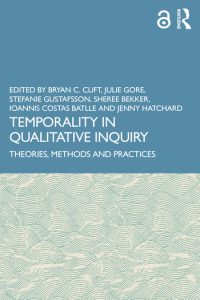
Chapter: Rhythmanalysis to account for time
This chapter draws on Nicole's research on how academic staff with chronic illnesses and disabilities specifically interact with the buildings and what impact the physical environment has on their everyday experience.
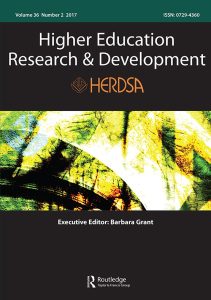
Article: “Where’s the validation?”
This article presents an original engagement with research into emotions in the PhD to ask ‘Where’s the validation?’ by using emotion work as a theoretical foundation.
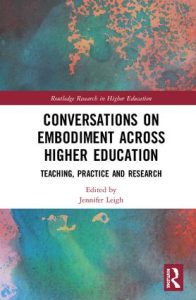
Chapter: The embodied academic
In this chapter I explore my journey from a secondary teacher to teacher educator to lecturer, a journey that signifies for me the transition from a teacher interested in embodiment to an embodied teacher and finally to an embodied academic.
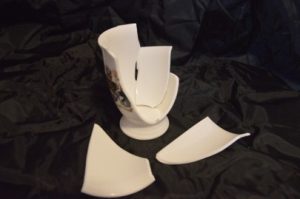
Creative output: “I need duvet days” – Chronically ill academics
This is an example for analysis within Embodied Inquiry from my research with chronically ill academics. The illustrated poem was created from the transcripts of conversations with chronically ill academics and an arts-based approach to making sense of data.
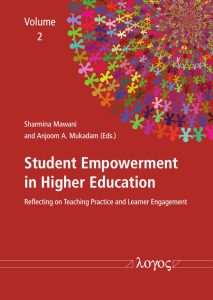
Chapter: Assessments: letting students decide
If students are to take responsibility for their learning, then why are they not also in charge of their assessments? This question forms the basis for this paper that is co-written between two students and one member of staff.
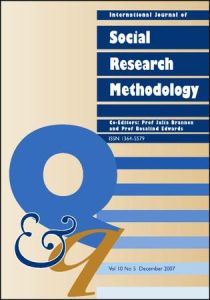
Article: Identity boxes: objects as data collection
This paper considers the use of identity boxes as a data collection method to elicit experiences.
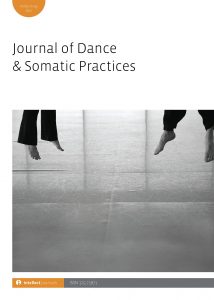
Article: Embodied reflection within dance training
This article explores where the somatically inspired pedagogy of teaching reflective practice through a creative and embodied approach sits within dance training.
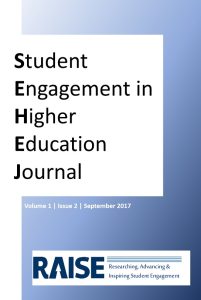
Article: Increasing students’ engagement with reflections
This article seeks to explore the nature and depth of students’ engagement by providing an example from a teacher education programme.
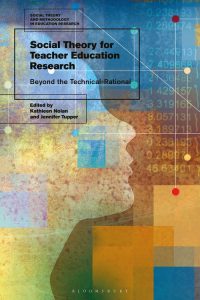
Chapter: Centring imagination in teacher education
The chapter offers reflections on how imagination can be nurtured in the practice of teacher education.
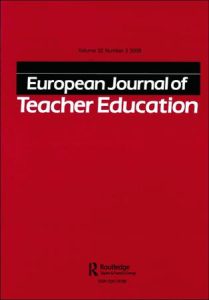
Article: Partnership in learning
This paper outlines two distinct staff-student collaborations and how such a partnership may innovate teaching practices.
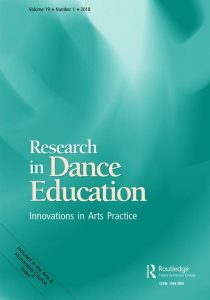
Article: Creative and embodied methods to teach reflections
This article describes a project at the Rambert School of Dance that introduced the use of creative methods for teaching reflection and reflective practice.

Article: “Listen to your gut”: a reflexive approach to data analysis
This paper seeks to exemplify a reflexive approach to data analysis that accounts for the researcher’s positionality as well as the increasingly untraditional, unconventional data stemming from creative data collection methods.
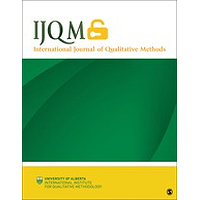
Article: My challenge of developing a creative research methods network
This article is an invited editorial in the Diverse Voice Series of the journal. The editorial outlines the difficulty of building a network of like-minded researchers when engaging in arts-based approaches.
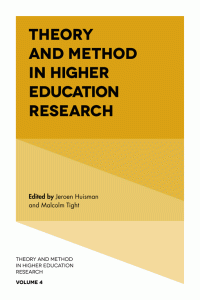
Chapter: Creativity and playfulness in Higher Education research
This chapter argues that higher education research can benefit from fusing existing methodological and theoretical paradigms with more creative, playful and artistic approaches.
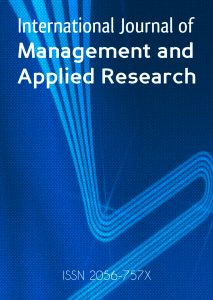
Article: Using LEGO® to understand emotion work
This paper presents how LEGO® can be used in workshops to explore doctoral students’ emotions around the complex and solitary experience of a PhD research.

Article: Making academia more accessible
The remit of this paper is to provide practical ideas and recommendations to address accessibility issues in events and conferences as a first step to improving existing working conditions.